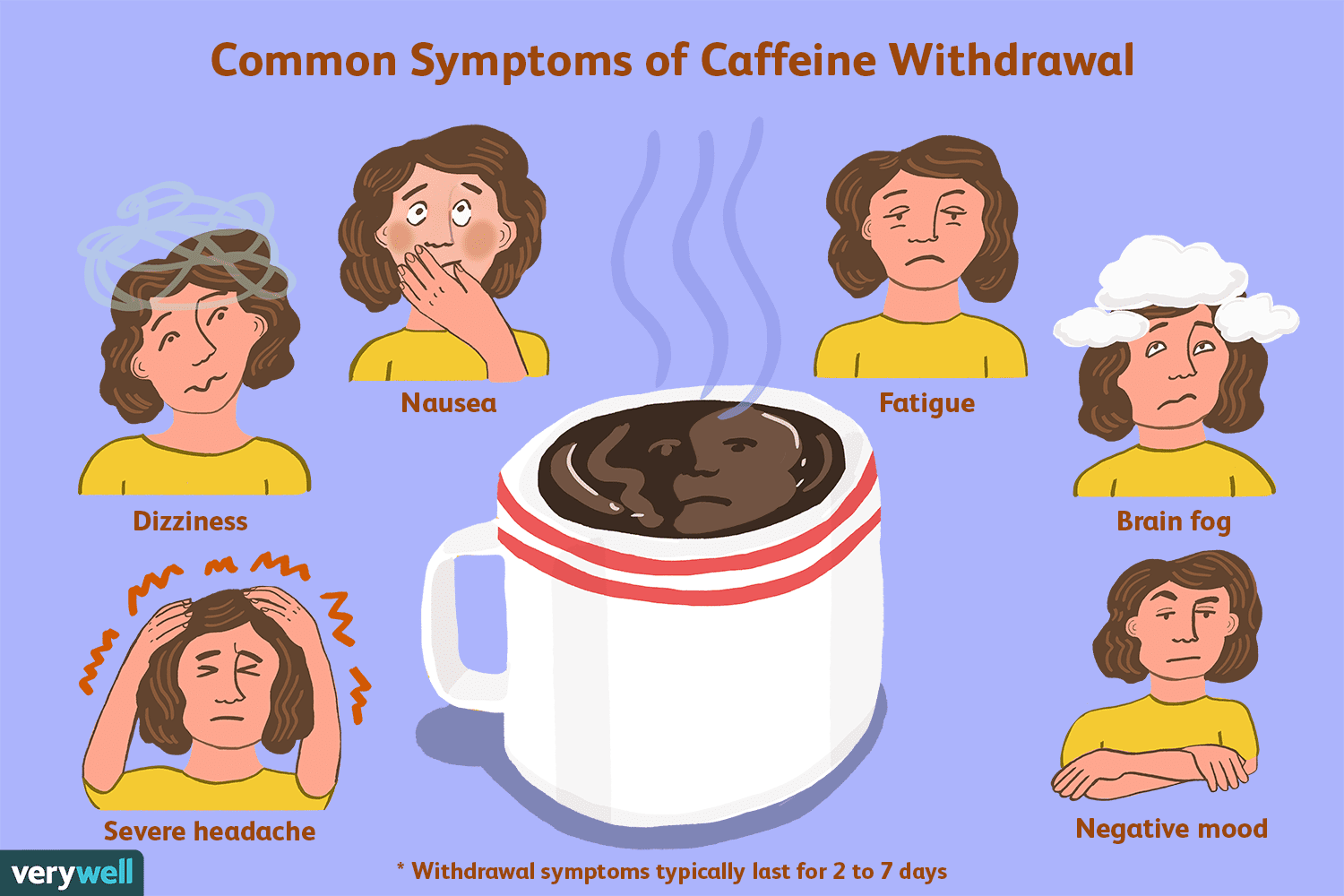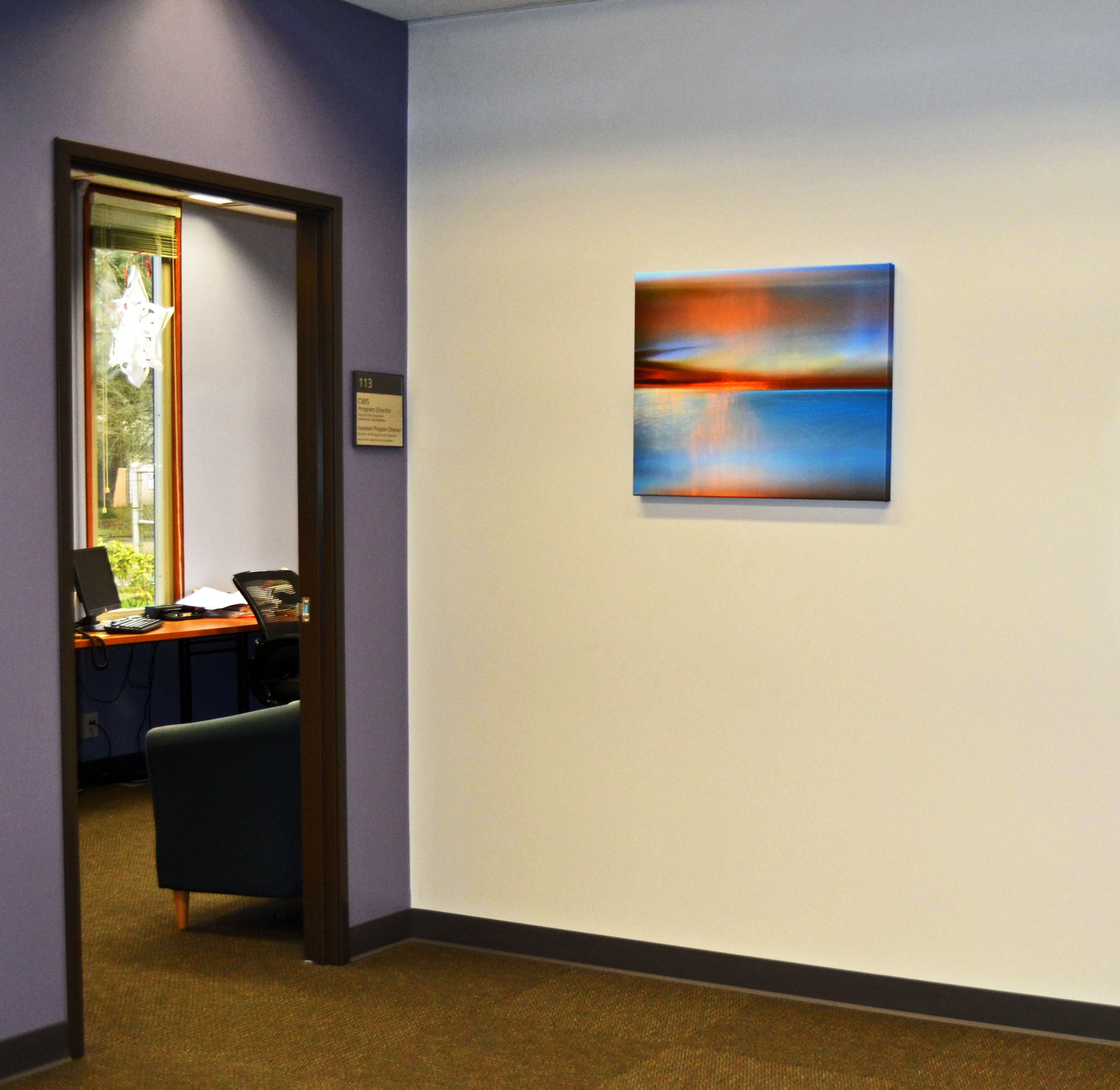Can Caffeine Withdrawal Cause Acid Reflux?
Caffeine is a widely consumed substance that can be found in coffee, tea, soda, and other beverages. It is known to help people stay alert and focused, making it a popular choice for many. However, some individuals may experience negative side effects from caffeine consumption, such as acid reflux. Acid reflux is a condition in … Can Caffeine Withdrawal Cause Acid Reflux? Read More » The post Can Caffeine Withdrawal Cause Acid Reflux? appeared first on Caffeine Addiction Help.

Caffeine is a widely consumed substance that can be found in coffee, tea, soda, and other beverages. It is known to help people stay alert and focused, making it a popular choice for many. However, some individuals may experience negative side effects from caffeine consumption, such as acid reflux.
Acid reflux is a condition in which stomach acid flows back up into the esophagus, causing a burning sensation in the chest and throat. Many people who experience acid reflux may wonder if caffeine withdrawal could be a possible cause. In this article, we will explore the relationship between caffeine withdrawal and acid reflux and what you can do to alleviate symptoms.

Can Caffeine Withdrawal Cause Acid Reflux?
Caffeine is a stimulant that is present in a variety of beverages and foods. It has been known to cause several side effects, including acid reflux. However, what happens when you stop consuming caffeine? Can caffeine withdrawal cause acid reflux? In this article, we will explore the link between caffeine withdrawal and acid reflux.
What is caffeine withdrawal?
Caffeine withdrawal occurs when an individual stops or reduces their intake of caffeine. This can lead to several symptoms, including headaches, fatigue, irritability, and difficulty concentrating. Caffeine withdrawal can occur when an individual suddenly stops consuming caffeine or reduces their intake after consuming high amounts of caffeine for extended periods.
How long does caffeine withdrawal last?
The duration of caffeine withdrawal can vary depending on the individual and their caffeine intake. Some individuals may experience symptoms for a few days, while others may experience symptoms for up to two weeks.
What are the symptoms of caffeine withdrawal?
The symptoms of caffeine withdrawal can include:
- Headaches
- Fatigue
- Irritability
- Anxiety
- Difficulty concentrating
- Depression
- Muscle aches
- Tremors
What is acid reflux?
Acid reflux occurs when stomach acid flows back into the esophagus, causing a burning sensation in the chest. This can be caused by several factors, including a weakened lower esophageal sphincter (LES), obesity, hiatal hernia, and certain foods and beverages.
What are the symptoms of acid reflux?
The symptoms of acid reflux can include:
- Heartburn
- Regurgitation
- Chest pain
- Bloating
- Nausea
- Sore throat
- Coughing
Can caffeine withdrawal cause acid reflux?
While caffeine withdrawal does not directly cause acid reflux, it can lead to several symptoms that can increase the likelihood of acid reflux. For example, caffeine withdrawal can cause headaches and irritability, which can lead to stress. Stress is a known trigger of acid reflux.
Additionally, caffeine is known to relax the LES, which can cause stomach acid to flow back into the esophagus. When an individual stops consuming caffeine, the LES may become tighter, reducing the likelihood of acid reflux.
How can you manage acid reflux during caffeine withdrawal?
To manage acid reflux during caffeine withdrawal, it is important to:
- Avoid trigger foods and beverages
- Eat smaller, more frequent meals
- Stay upright after eating
- Avoid lying down for at least three hours after eating
- Sleep with your head elevated
- Stay hydrated
- Avoid smoking
- Reduce stress
What are the benefits of reducing caffeine intake?
Reducing caffeine intake can have several benefits, including:
- Better sleep
- Reduced anxiety and stress
- Reduced risk of heart disease
- Reduced risk of stroke
What are the drawbacks of reducing caffeine intake?
Reducing caffeine intake can also have some drawbacks, including:
- Headaches
- Fatigue
- Irritability
- Difficulty concentrating
Conclusion
While caffeine withdrawal does not directly cause acid reflux, it can lead to several symptoms that may increase the likelihood of acid reflux. To manage acid reflux during caffeine withdrawal, it is important to avoid trigger foods and beverages, eat smaller, more frequent meals, and reduce stress. Reducing caffeine intake can have several benefits, including better sleep, reduced anxiety and stress, and a reduced risk of heart disease and stroke. However, reducing caffeine intake can also have some drawbacks, including headaches, fatigue, irritability, and difficulty concentrating.
Frequently Asked Questions
What is Acid Reflux?
Acid reflux is a common condition where stomach acid flows back up into the esophagus, causing a burning sensation in the chest or throat. It is also known as gastroesophageal reflux disease (GERD) and can be caused by various factors such as diet, lifestyle, and medications.
What are the Symptoms of Acid Reflux?
The most common symptoms of acid reflux include heartburn, a burning sensation in the chest or throat, regurgitation of food or sour liquid, difficulty swallowing, and a feeling of a lump in the throat. Other symptoms may include coughing, wheezing, and hoarseness.
Can Caffeine Aggravate Acid Reflux?
Yes, caffeine can aggravate acid reflux by relaxing the lower esophageal sphincter (LES) which is responsible for preventing the backflow of stomach acid into the esophagus. This can lead to heartburn and other symptoms of acid reflux, especially in people who are prone to the condition.
Can Caffeine Withdrawal Cause Acid Reflux?
While caffeine withdrawal itself does not cause acid reflux, it can worsen existing symptoms in people who are prone to the condition. This is because caffeine withdrawal can lead to an increase in stomach acid production, which can exacerbate acid reflux symptoms.
How Can I Manage Acid Reflux?
There are several ways to manage acid reflux, including dietary and lifestyle changes, medications, and surgery in severe cases. Some dietary and lifestyle changes that can help include avoiding trigger foods, eating smaller meals, avoiding lying down after meals, losing weight, and quitting smoking. Medications such as antacids, H2 blockers, and proton pump inhibitors can also be helpful in reducing symptoms.
Is Coffee Bad With Acid Reflux?
In conclusion, caffeine withdrawal can indeed cause acid reflux in some individuals. The symptoms of acid reflux can be uncomfortable and can affect daily life. However, there are steps that can be taken to minimize the effects of acid reflux, such as reducing caffeine intake gradually, eating smaller and more frequent meals, and avoiding foods and drinks that trigger acid reflux.
It is important to note that not everyone who experiences caffeine withdrawal will develop acid reflux. Some people may not notice any adverse effects, while others may experience only mild symptoms. Therefore, it is important to listen to your body and be aware of any changes that occur when reducing caffeine intake.
Finally, if you experience severe or persistent acid reflux symptoms, it is important to consult with a healthcare professional. They can provide guidance on the best course of action to manage your symptoms and improve your overall health. By taking the necessary steps, you can reduce the risk of acid reflux and enjoy a healthier, more comfortable life.
The post Can Caffeine Withdrawal Cause Acid Reflux? appeared first on Caffeine Addiction Help.
What's Your Reaction?






























